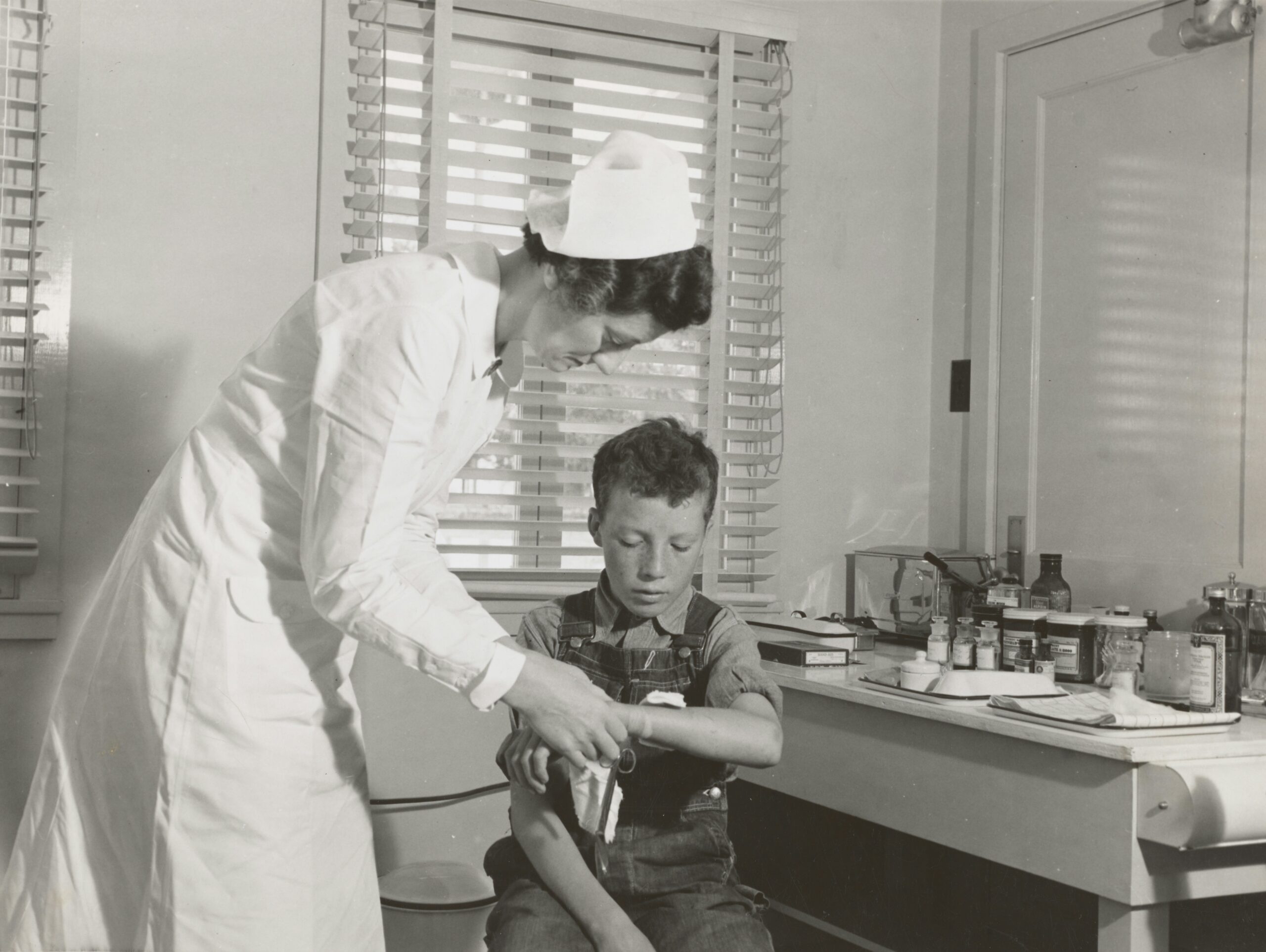Demand for mental health services is continually growing in the changing healthcare scene of today. The need for experts who can help people goingthrough mental or emotional difficulties develops along with greater awareness of behavioral health concerns. Working directly with patients, under the supervision of licensed mental health experts, the Behavioral Health Technician (BHT) is a hands-on professional who helps to execute therapy approaches and support treatment plans, one of the fundamental jobs in this field.
What Does a Behavioral Health Technician Do?
Residential treatment programs, hospitals, outpatient clinics, and behavioral health facilities all depend heavily on a behavioral health technician, often known as a psychiatric technician or mental health technician. These experts provide regular, organized treatment for people suffering from illnesses including depression, anxiety disorders, substance abuse disorders, schizophrenia, PTSD, and developmental disabilities by working closely with psychiatrists, psychologists, counsellors, and nurses.
Unlike qualified psychologists or therapists, BHTs cannot diagnose or recommend treatment. Rather, they help patients adhere to treatment plans, note behaviors, handle emergencies, and support therapeutic activities; they serve on the front lines of care. Maintaining a safe, encouraging atmosphere where patients can start or continue their healing path depends critically on them.
Scope of Work and Daily Tasks
Depending on the environment and patient group, a Behavioral Health Technician’s everyday chores differ; however, they typically include supervising patients during activities, helping with daily living skills, documenting patient behavior and progress, and responding to crises. BHTs in inpatient environments keep a careful eye on patients to guarantee safety, especially those who are thought to be at risk of self-harm. They might also support patients emotionally, help execute de-escalation plans, and go with them to group therapy sessions or leisure events.
Recording interactions and observations in patient charts is among the main purposes of a BHT. These notes support doctors in evaluating progress and modifying treatment plans. BHTs are often the first to detect early indications of problems, progress, or setbacks since they spend more time with patients than most other healthcare professionals; hence, their knowledge is quite important for good outcomes.
BHTs in community-based and outpatient programs can also help with job coaching, community excursions, medicine reminders, and transition support for people returning to society after incarceration or hospitalization.
Basic qualities and abilities
The job of a Behavioral Health Technician calls for a special mix of empathy, patience, and fortitude. Although it may be emotionally draining to work with people negotiating difficult behavioral or psychological issues, it is also quite gratifying. Good communication skills are a must since, in demanding situations, BHTs need to interact respectfully with coworkers, patients, and families.
Also very important are critical thinking and the capacity to remain composed under stressful circumstances. To guarantee patient safety, BHTs sometimes have to make quick decisions; they also have to react correctly to aggressive or erratic behaviors. Although being empathetic is important, following rules and upholding professional boundaries is also crucial.
Especially with the use of electronic health records (EHRs) and telemedicine platforms, technical competency is becoming more and more crucial. Furthermore, cultural awareness and trauma-informed care techniques are vital for offering fair and successful support in varied populations.
Education, Certification, and Training
Although many companies favor applicants with an associate degree in psychology, behavioral health, or a related field, becoming a Behavioral Health Technician usually requires at least a high school diploma or GED. Certain positions may need or prefer a bachelor’s degree, especially those in more clinical environments or with particular patient populations.
Usually given on the job, hands-on training is especially common in situations when technicians labor under tight supervision. Formal certification, though, increases reputation and can help with employment opportunities. The Florida Certification Board’s Certified Behavioral Health Technician (CBHT) certification is a well-known one that calls for coursework and field-based supervised experience.
Some jurisdictions or employers could further need CPR or Basic Life Support (BLS) certification, together with crisis intervention training, including CPI (Crisis Prevention Institute) or Handle With Care certification.
Job Possibilities and Forecasts
Demand for Behavioral Health Technicians is increasing since access to behavioral treatment is increasing, and the stigma around mental health is still fading. The U. S. Bureau of Labor Statistics predicts that over the next ten years, employment for psychiatric aides and technicians will increase faster than normal.
Psychiatric hospitals, residential treatment facilities, detox units, juvenile justice programs, and school-based behavioral assistance programs are some of the places BHTs can find opportunities. Many people working in this field see it as a starting point for more advanced careers in mental health, such as counselling, social work, or psychiatric nursing. Understanding patient care dynamics, therapeutic strategies, and the facts of operating in behavioral health environments comes from the knowledge a technician gets from their work.
The Effects of a Behavioral Health Technician
Though not always front and center, Behavioral Health Technicians greatly affect the lives of the people they assist. A patient’s recovery and stability often depend on their ongoing presence, encouragement, and support. BHTs act as both carers and advocates, helping someone get through a panic attack, make sure they take their medication as prescribed, or just lend a listening ear during a trying time.
Patients may often have closer daily relationships with their technicians than with any other healthcare provider. That trust, when fostered with professionalism and compassion, can be a potent source of growth and recovery.
In sum: A profession with direction
Being a Behavioral Health Technician means more than simply having work; it’s about changing the world. Mental health has always been a public health concern, and as such, there is now more than ever a need for compassionate, competent workers on the front lines of treatment. For people who are passionate about helping others, do well in groups, and are ready to meet people where they are—both emotionally and behaviourally, the job of a BHT gives them a reason to be, growth, and the chance to make a real difference in the lives of people and communities.
If you want to work in behavioral health or find ways to help your community by doing hands-on work, becoming a Behavioral Health Technician may be the start of a satisfying adventure in one of the most important and rewarding parts of healthcare.







